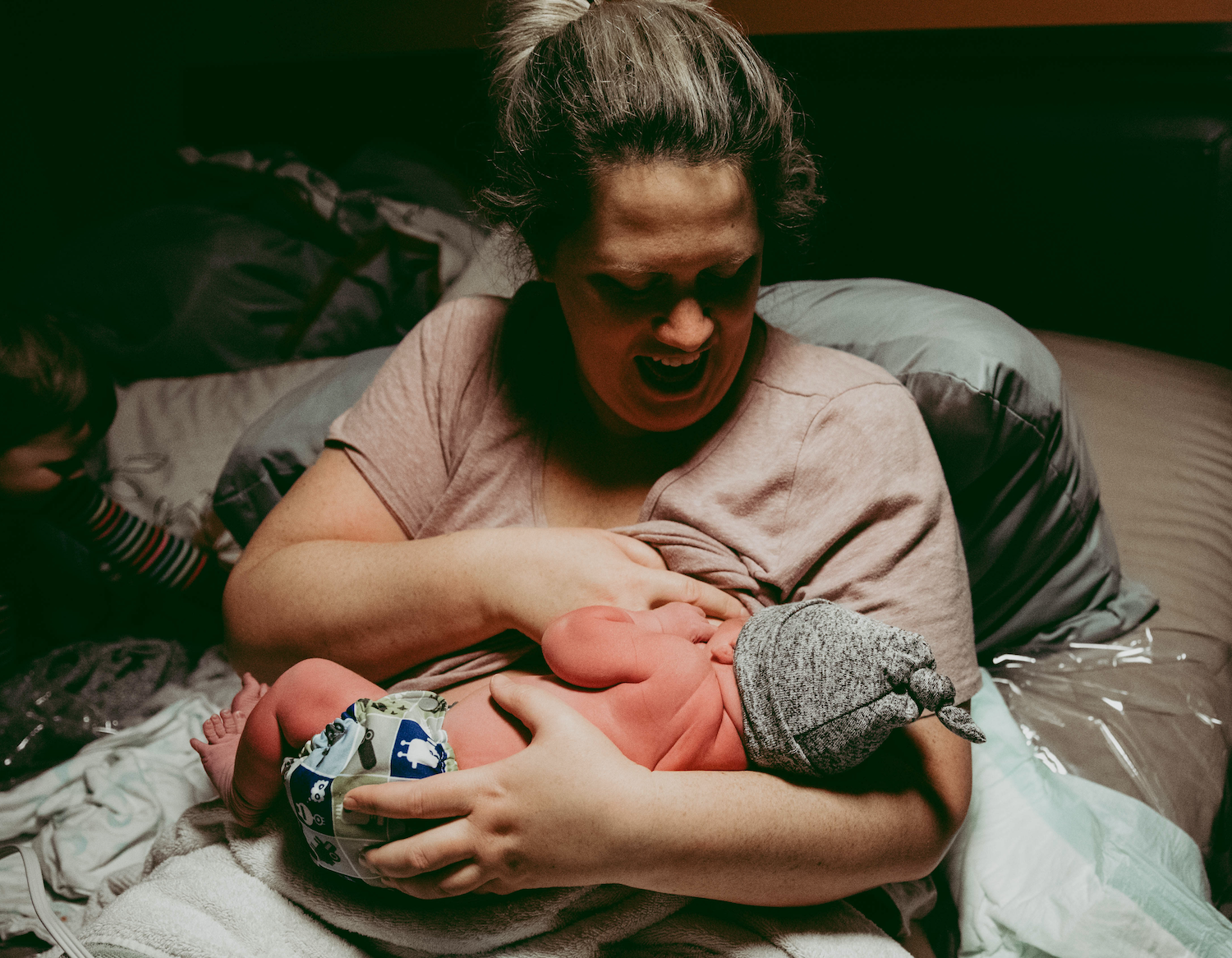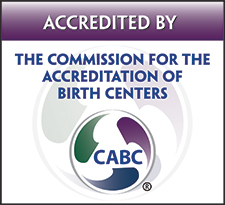We want to seize the opportunity this week to celebrate all the parents feeding their babies with their bodies! Whatever word feels right for you, whether that’s breastfeeding, chestfeeding, bodyfeeding, lactating, nursing, or something else entirely, you are doing incredibly hard work that deserves to be recognized and celebrated every single day.
To all of the parents with little babes seemingly nursing around the clock, we see you. To all of the parents with toddlers and older kiddos dodging kicks and keeping a latch through any number of gymnastic maneuvers, we see you. To all the parents waking up in the middle of the night, stopping whatever they’re doing to give a quick sip, nursing to sleep, pumping and cleaning and pumping and cleaning, we see you.
When I was pregnant, my goal was to nurse my daughter for at least two years. After I gave birth though, that goal quickly changed to making it through the first week. Even after many years as a birth worker, I had no idea how hard nursing really is or how much support lactating parents truly need. The theme of this year’s World Breastfeeding Week is Protect Breastfeeding: A Shared Responsibility. At Fika Midwifery, this is a responsibility we take very seriously. Many of our practices in prenatal, birth, and postpartum care center on preparing, supporting, and encouraging our clients to feed their babies with their bodies, if that’s what feels right for them.
During prenatal visits, our providers offer continuous education on lactation. You’ll receive handouts with a wealth of information on what to expect and how to take care of yourself and your baby in the first few weeks. We hear a lot about pregnant people eating for two, but you actually need more calories when breast/chestfeeding than during pregnancy. It’s important to prepare to nourish yourself along with your new baby.
Routine practices in the medical model of childbirth, like labor induction, epidural anesthesia, and separation of the birthing parent from their baby, can actually disrupt the process of early breast/chestfeeding. During your birth with Fika Midwifery, we make every effort to support this transition. Your baby will be placed directly on your belly after they are born, and your family will be left undisturbed and skin-to-skin for as long as you want.
After your birth, our clinical team is ready and able to answer any questions you have about feeding your baby and can help you get a successful first latch. The newborn exam and administration of vitamin K and eye ointment (if you choose these options) all take place right next to you in bed. Your baby will never leave your side. We even have donor milk at the Coit House if your baby has any blood sugar issues or if you need to supplement for other reasons. In the rare circumstance that you or your baby need to transfer to the hospital after birth, you will remain together as much as possible to support initial bonding and breast/chestfeeding.
Our early postpartum visits also include a ton of lactation support and education. Just because nursing is considered “natural” does not mean it comes easily, especially in the early days. Clients who give birth with us can expect a Coit House or home visit 24-36 hours after their birth, a telemedicine visit 3-5 days after their birth, and another optional visit at 2 weeks postpartum.
Everyone is welcome to receive lactation support at the Coit House, whether or not you received pregnancy and birth care from us. Both our Midwifery Director, Maura Winkler, and our Staff RN, Sigrid Chapman, are International Board Certified Lactation Consultants (IBCLCs), which is the highest lactation support credential. Don’t hesitate to reach out for an appointment if you have questions or concerns!
All nursing journeys have challenges, and it’s our vision that every parent has adequate support to accomplish their goals.
During a postpartum or lactation visit, you and your baby will receive a thorough exam and ample support from one of our providers. Your pregnancy and birth history will be reviewed, including physical changes during pregnancy like darker areolas and increased breast tissue. You’ll be asked if you are feeling any pain while nursing, as any damage to the nipples can be a sign of a poor latch. You’ll also be asked if you’ve noticed an increase or change in milk volume and about baby’s diaper output (amount and color…did you ever think you would talk so much about poop as you do in early parenthood?!). The provider will examine your baby’s mouth to look for signs of oral anatomy issues like lip or tongue ties, a high palate, and suck blisters on baby’s lips. They’ll also witness a feed and give you tips to get a deep latch. One of the best signs of milk transfer is audible swallowing, so they’ll be listening closely as they observe you and baby together. We also have equipment you can use to weigh your baby before and after a feed, which can be reassuring that baby is taking enough milk in.
Everyone has different concerns during postpartum and lactation visits. Our providers will answer all of your questions and work with you to create an action plan if any issues have been identified. The biggest part about providing support to breast/chestfeeding parents is offering LOTS of encouragement. At Fika, we are all your cheerleaders.
The most important thing to remember is that no matter how you feed your baby, whether it’s nursing, bottle feeding with human milk, bottle feeding with formula, or any combination of these options, you are amazing and you’re doing a great job!
Author Mary Badame is the Quality Assurance Manager at Fika Midwifery and is a passionate advocate for midwife-led care, increased birth options, and better reproductive healthcare for everyone.




